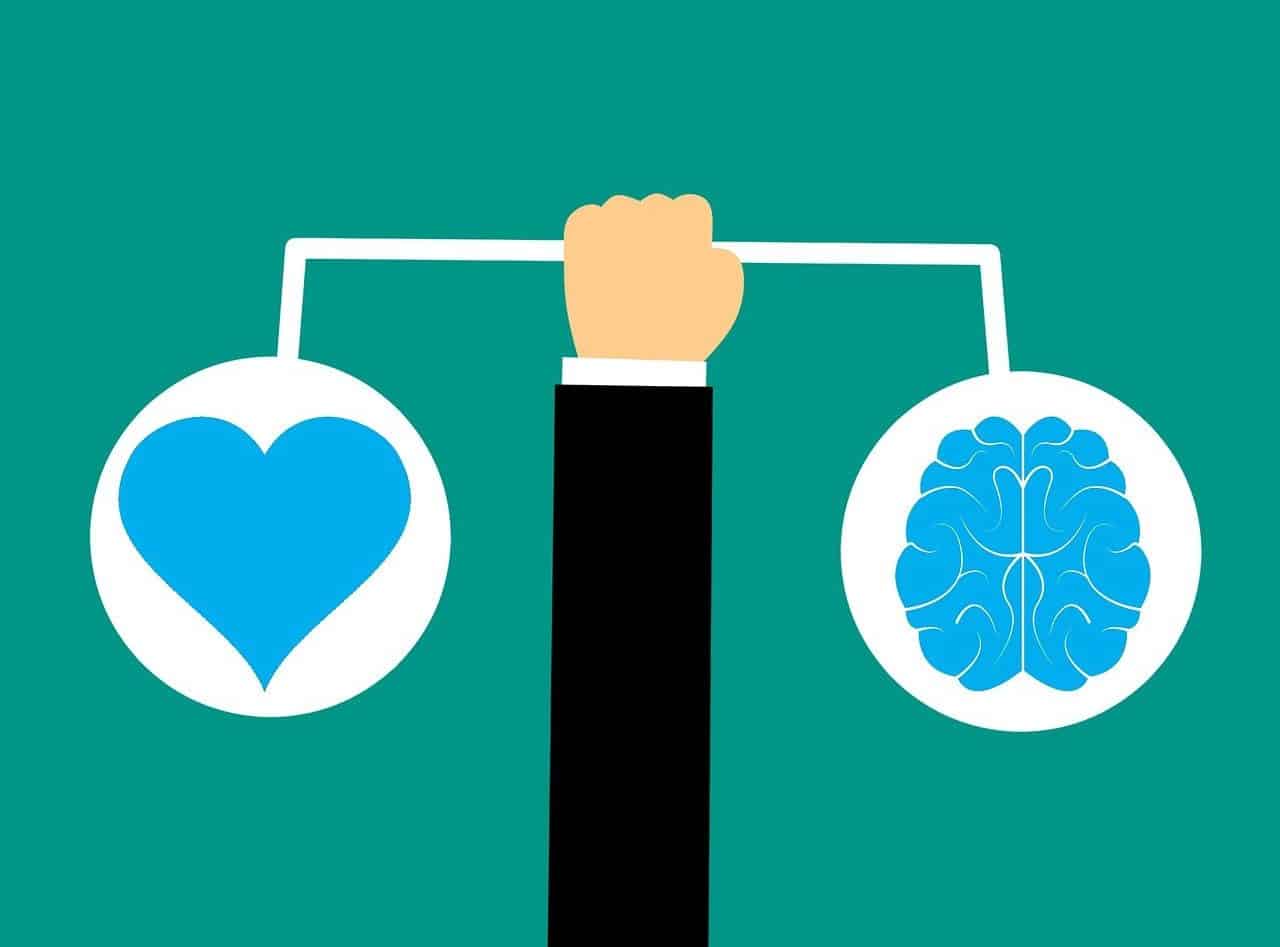
Social intelligence includes non-verbal communication skills.
Social intelligence is the ability of an individual to establish satisfactory interactions with other subjects. It is a series of skills that contribute to the creation of bonds and communications based on assertiveness and empathy .
Before moving forward, it is interesting to analyze the two terms that make up the concept. The notion of intelligence refers to the capacity for comprehension, understanding or resolution. Social , for its part, is an adjective that refers to what is linked to society (a group of individuals who share a culture and regulate their coexistence based on common norms and rules).
Characteristics of social intelligence
Social intelligence is made up of skills that facilitate or encourage connection with other people . These qualities are very important for problem solving, conflict management, teamwork coordination, and meeting objectives.
In any case, to understand precisely what official intelligence is, it is essential to first focus on the theory of multiple intelligences of the American psychologist Howard Gardner .
In "Frames of Mind: The Theory of Multiple Intelligences" , a book he published in 1983 , Gardner highlighted the need to stop thinking about intelligence as a single block made up of different specific abilities and start considering it as a network of autonomous abilities. and interrelated .
Thus, it was established that each human being has multiple intelligences that depend on biological, personal and cultural factors. In his work, Gardner recognized eight types of intelligence.
Social intelligence, also called interpersonal intelligence , is one of them. Those who manage to develop the potential of this type of intelligence can communicate successfully, understand what others feel, and have leadership skills.

Managing emotions is part of social intelligence.
Its importance
Interpersonal intelligence is of great importance in multiple areas of life. Effective communication, persuasion, and the ability to provide constructive feedback depend on these social skills .
To forge fruitful interpersonal relationships, it is essential to have good social perception. It is necessary to exercise active listening and always maintain respect for others, as well as have values or qualities such as compassion, sensitivity and tolerance . Presentation skills and managing social anxiety are other skills needed in public relations and human connectivity .
All these questions make up social intelligence. Although it aims at the collective, it is also important for empowerment and personal development and for making decisions that affect the individual.
In a simplified way we can say that interpersonal intelligence is what makes it possible to understand others, considering their interests, motivations and moods . From this understanding, positive social ties can be instituted and maintained, which enrich both parties. It also contributes to successful performance in groups, whether exercising leadership or as another member.

Social intelligence is essential for building the community.
Examples of social intelligence
We can appreciate how social intelligence works if we consider how a person acts in different contexts. At this point it must be added that one of the keys to this type of intelligence is adaptability : the possibility of functioning effectively and efficiently in different areas.
Let's take the case of a 24-year-old young man who works in the Sales area of a company. In his workplace, he uses his persuasion skills to carry out operations and uses diplomacy to communicate with his superiors, avoiding expressing himself in an angry or impulsive manner. On the other hand, among his friends he does not focus on impulse control, but rather displays authenticity . With his girlfriend, meanwhile, he shows his emotional sensitivity to accompany her, while in his neighborhood he develops civic commitment and reflects his social conscience through solidarity actions that improve the quality of life of his neighbors.
As can be seen, the boy in question has great social intelligence that allows him to adapt to multiple environments. In each field of action, they interpret the best way to conduct themselves to achieve their goals and even to contribute to satisfying the needs of others.
Let's now think about someone who lacks public speaking skills, having difficulty expressing their ideas. His capacity for social analysis is limited, which means he is unable to notice the aspirations and requirements of those around him. On the other hand, their stress management is poor. In this example, the individual has poor interpersonal intelligence that means that he cannot consolidate himself in any job and that his romantic relationships end abruptly and conflictively.
How to develop it
Taking into account everything reviewed throughout this article, and considering the examples mentioned, it is clear that it is essential to develop social intelligence. Each subject can take into account a series of recommendations to strengthen these skills.
It is essential to always listen and observe carefully . This allows us to process and take advantage of the information received, also examining factors linked to the attitude of the interlocutor that can provide valuable data. If these practices are adopted as habitual, the communicative powers will gradually progress.
When it comes to expression, you need to convey security. You have to take care of your tone of voice and maintain eye contact , controlling your gestures so as not to generate a wrong or negative impression.
It cannot be overstated that social intelligence is made up of soft skills . For this reason, they are skills that cannot be acquired through academic study or the memorization of objective knowledge, beyond the fact that notions of social psychology , sociology and anthropology help to understand the phenomena associated with these issues.
